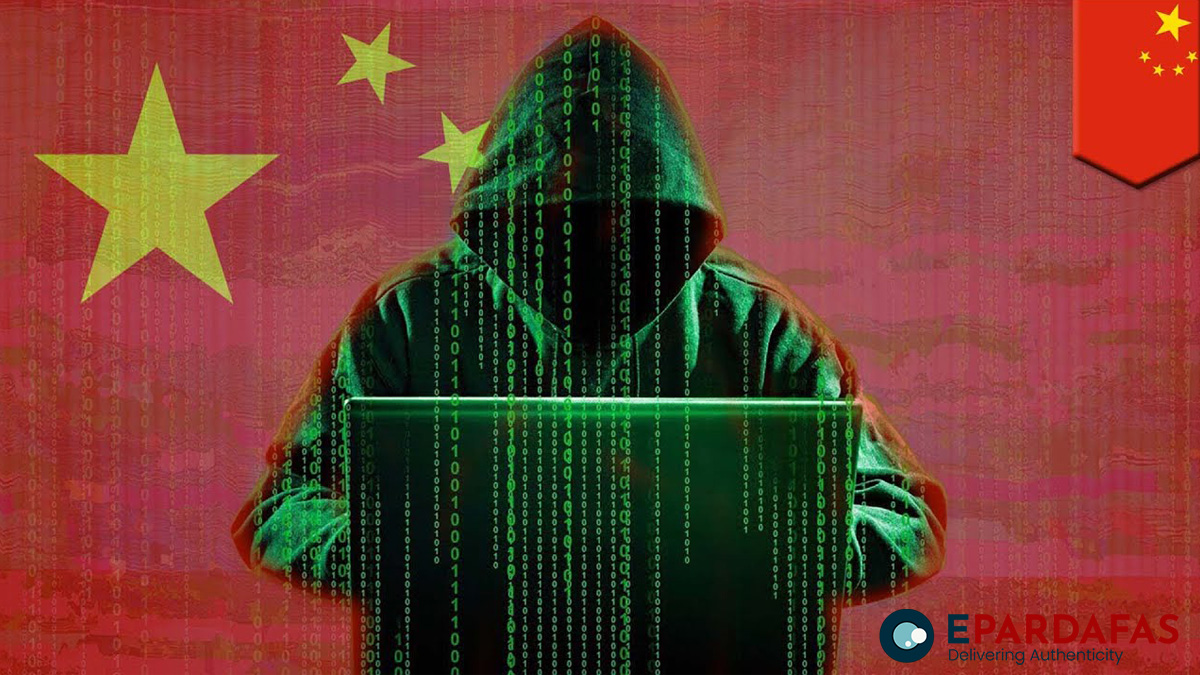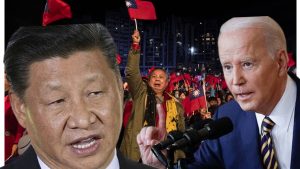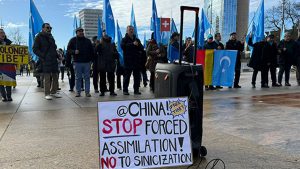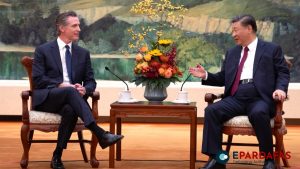
Germany Blames China for 2021 Cyberattack, Summons Ambassador

German officials have announced that an investigation into a 2021 cyberattack on the country’s national office for cartography has concluded that “Chinese state actors” were responsible. In response, Germany’s Foreign Ministry has summoned China’s ambassador, marking the first such action since the Tiananmen Square crackdown in 1989.
Speaking with reporters on Wednesday, Foreign Ministry spokesperson Sebastian Fischer stated that the German government has “reliable information from our intelligence services” identifying the source of the attack.
“State-controlled Chinese cyber actors had infiltrated the network of the agency for espionage purposes,” Fischer said. “We resolutely oppose such cyber activities directed against Germany and advocate responsible and rules-based behavior in cyberspace.”
Interior Minister Nancy Faeser added in a statement that Germany has “significantly increased our protection” against similar threats. “We call on China to refrain from and prevent such cyberattacks. These cyberattacks threaten the digital sovereignty of Germany and Europe,” she said.
The Federal Agency for Cartography and Geodesy, the target of the cyberattack, is a crucial resource for both state and private organizations, according to a government ministry statement.
While ties between Germany and China have historically been strong, tensions have risen in recent years due to concerns about China’s authoritarian tendencies, business practices, and potential security risks. These tensions escalated further following the arrest in April of four individuals, including an aide to a German lawmaker, on suspicion of spying for China.
In early 2024, several countries, including the United States, United Kingdom, Australia, Canada, and New Zealand, criticized China for its state-sponsored hacking activities.
Last year, German Chancellor Olaf Scholz outlined a strategic plan regarding relations with China, describing a “systemic rivalry” and emphasizing the need to reduce economic dependence on Beijing while maintaining trade ties and collaborating on climate change challenges.
- China Warns U.S. Over Taiwan Military Aid, Accuses Washington of ‘Playing with Fire’
- 101st Birth Anniversary of Nepali Congress Founding Leader Krishna Prasad Bhattarai Commemorated
- Nepal’s Exports Rise by 16.5% in Five Months Amid Trade Deficit
- Cabinet Decisions: DIGs Singh and Bohara Promoted; Key Policy Changes Approved












Comments